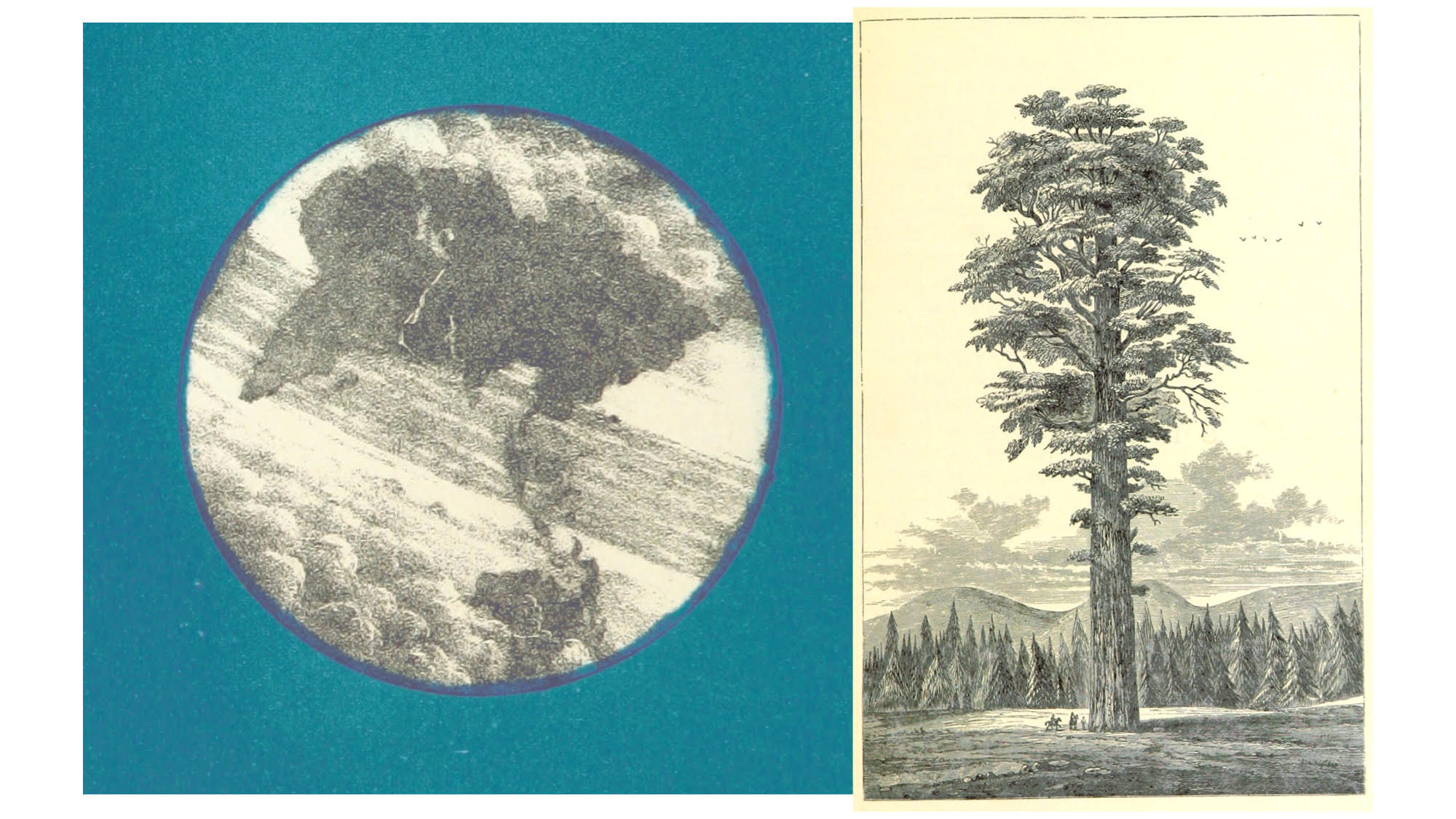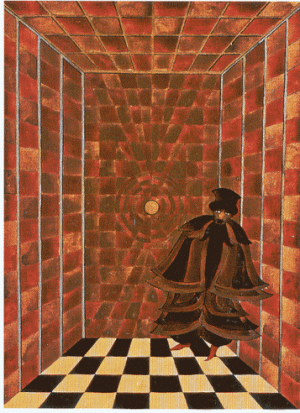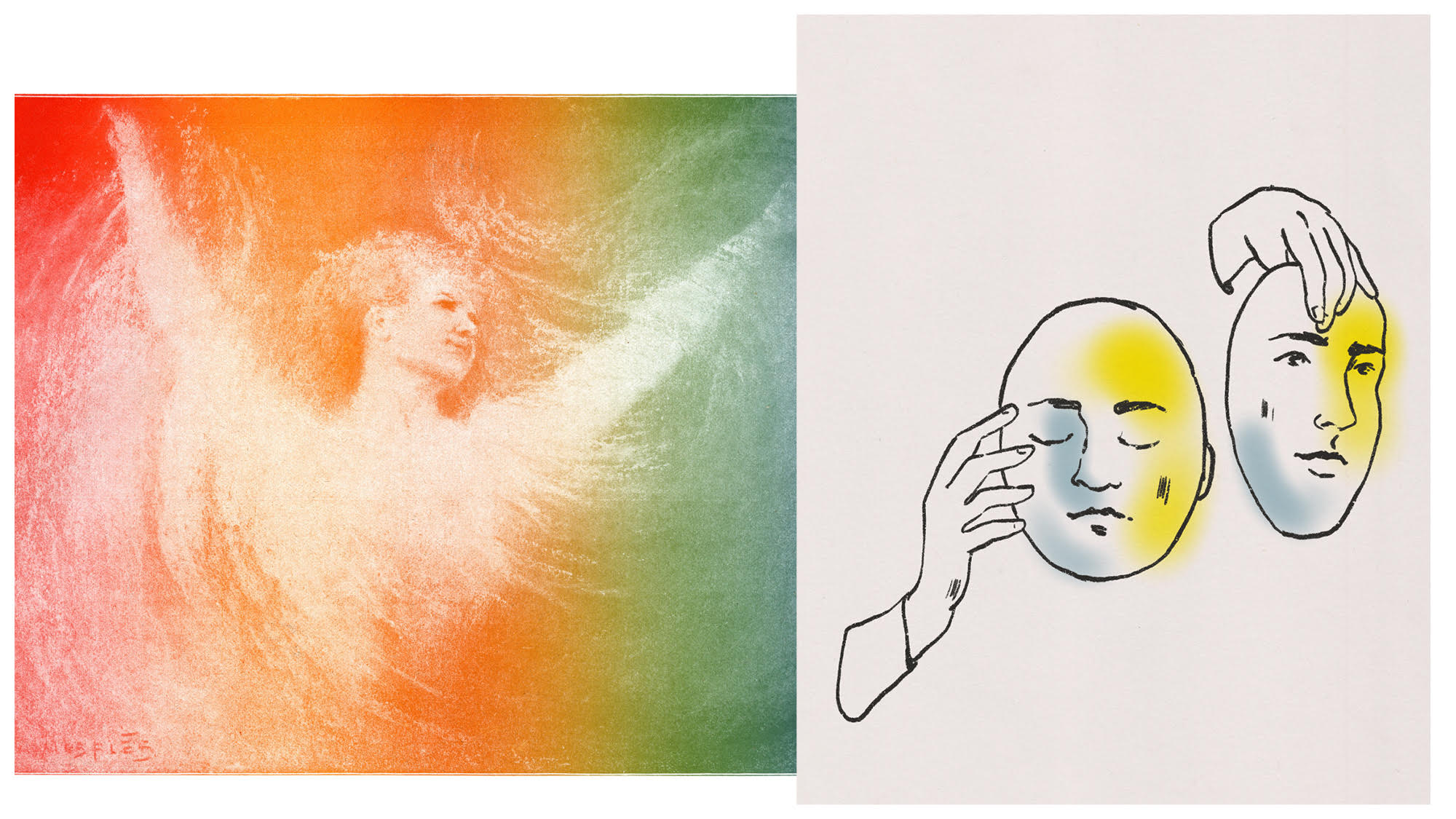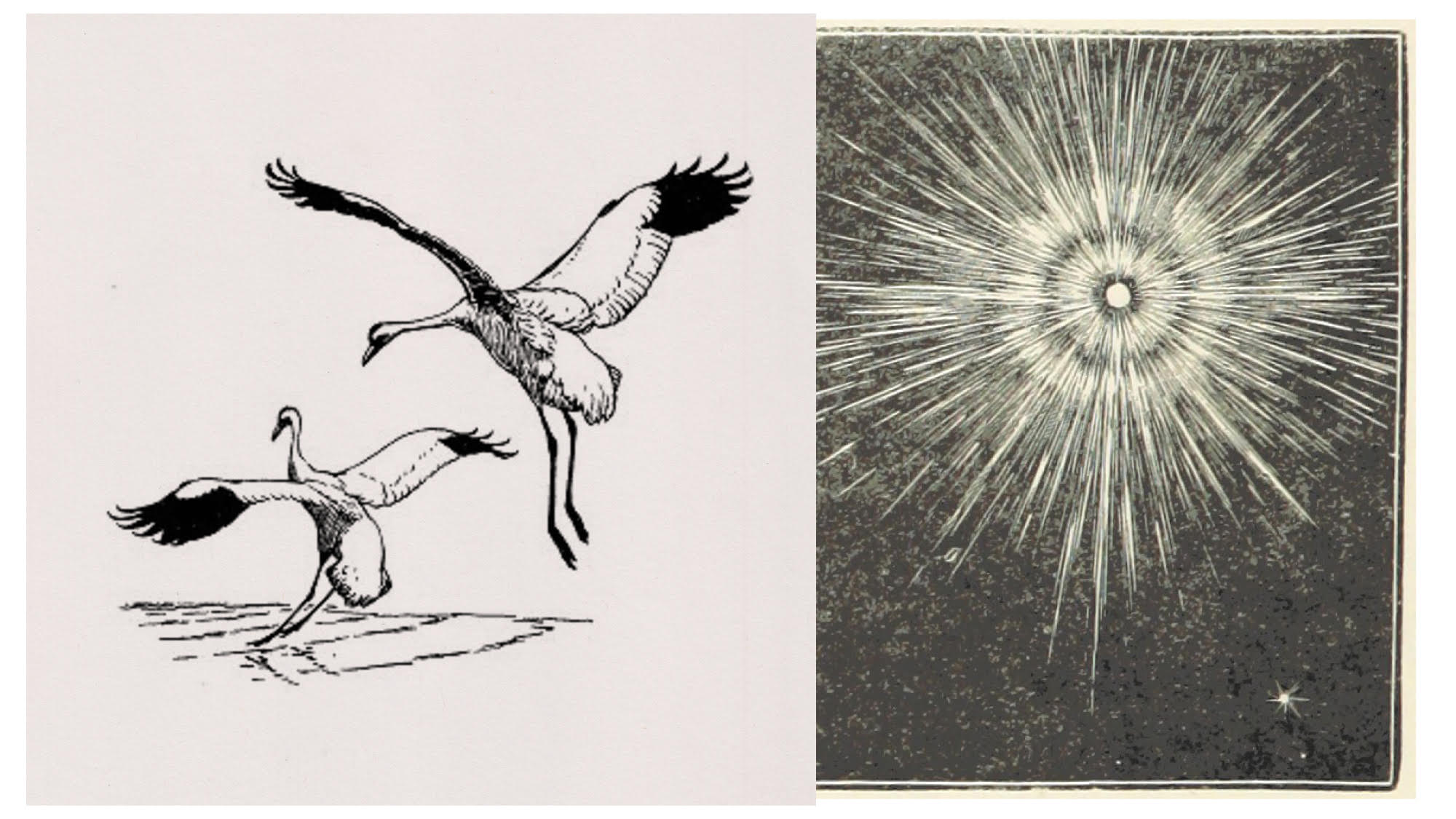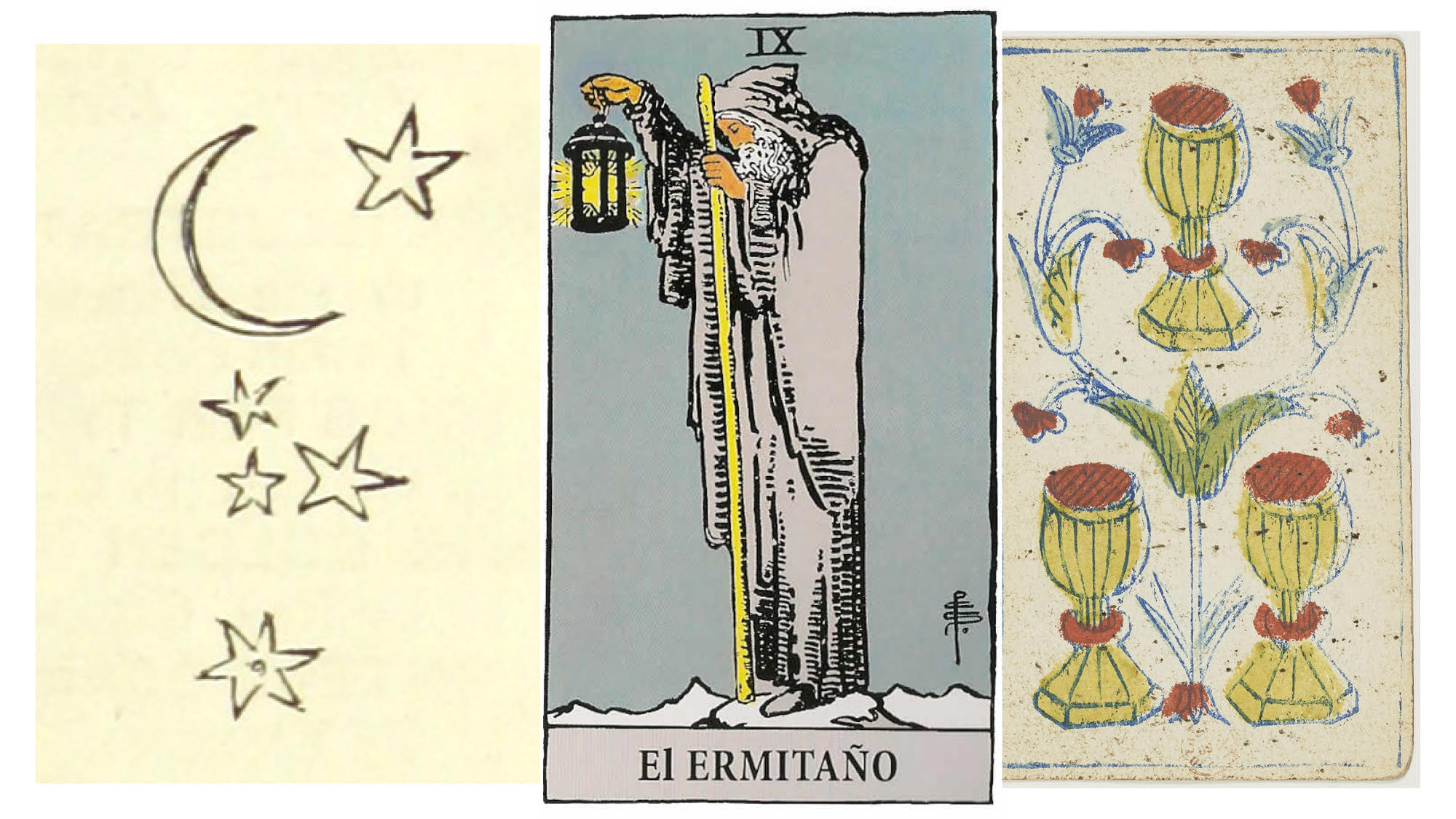We find ourselves in the midst of a global pandemic with great loss and tremendous suffering. We fear for our safety and wonder what the future will bring? When will we get back to ‘normal?’ Do we want to return to business-as-usual? The pandemic has derailed our lives in so many ways and ever present is the continued threat of climate disruption. What does Jungian psychology have to teach us in these troubling times? Carl Jung also lived through troubling times. He recognized the importance of living both in the spirit of the times as well as the spirit of the depths, for soul dwells in both of these worlds. In this presentation, we explore how Jung viewed world threatening situations that penetrated the psyches of individuals. We dive down into the spirit of the depths to uncover the root cause of our imbalances in the world, be it pandemic or environmental destruction. We consider how Jungian depth psychology can bring a sense of meaning and order to what is happening in the world. We also consider how we can use Jung’s ideas to help us work with and through these troubling times.
Season: Fall 2020
Jung, Synchronicity and the New Sciences
Jung had a deep interest in how modern science related to psyche. He worked closely with physicist Wolfgang Pauli to explore how psyche and matter are interconnected, in particular with regard to synchronicity. The discoveries of quantum physics, relativity theory and complex systems theory have radically revised how we see and know our world. We will explore the essential dimensions of the ‘new’ sciences and how they intersect with Jungian psychology. We will consider how life is rich in potentialities and parallel possibilities. We then discuss how synchronicity arises in our lives, and how the unconscious dwells in a realm outside of time and space. Film stories will be used to explore these various concepts.
Character, like a Photograph, Develops in Darkness: Views from the Shadow – Fall Analyst Seminar
Oregon Friends of Jung, in partnership with The Pacific Northwest Society of Jungian Analysts, continues our series of seminars designed to deepen your knowledge of Jungian psychology. You’ll have an opportunity to learn from and engage with Analysts who are experts in their fields.
How we choose to deal with our darkness, difficulties, and defeats is a major factor in how our character will develop. The individuation process helps us become more conscious of our distinct traits, like our persona and shadow. However, as Jung said, “one does not become enlightened by imagining figures of light, but by making darkness conscious. The latter procedure, however, is disagreeable and therefore not popular.” CW 13, para. 335.
We will explore the personal shadow, looking at ways in which shadow elements emerge, how they can be worked with, and what it means for us to work with shadow material.
(Image from C.G. Jung, The Red Book, p. 115)
![]()
![]()
Dates and Times
- Sundays from 1:00 – 3:00 pm
Schedule
- Sept 20, 2020 – Jim Soliday
- Sept 27, 2020 – Jim Soliday
- Oct 4, 2020 – Jim Soliday
- Oct 11 2020 – Laura Gonce & Carol Walnum
- Oct 25, 2020 – Laura Gonce & Carol Walnum
- Nov 1, 2020 – Laura Gonce & Carol Walnum
Cost
- 12 hours of instruction: $195 (OFJ members: $185)
- Sorry, we are unable to offer refunds.
- Continuing Education Credits are available, with one hour of CE credit for each hour of attendance. CEUs will be available for purchase
,at a cost of $10, which will cover all CEUs earned over the six-session seminar.
Seminar Size
- Attendance is limited to 15 people
- If seminar fills, and you would like to be added to our waitlist, please write us at [email protected]. If you have any questions, please call 503-223-3080.
Required Reading
- 1) Jung, C.G. CW 9, ii, Aion, “The Shadow,” (paras. 13–17). pp. 8–10. Bollingen Press. 1959.
- 2) Jung, C.G. CW 10, Civilization in Transition. “The Fight with the Shadow,” paras. 444–457. Bollingen Foundation. 1964. From a BBC broadcast on November 3, 1946.
- 3) Jung, C.G. CW 14, Mysterium Coniunctionis. Self Knowledge, paras. 707-710. Bollingen Foundation. 1963
- 4) Von Franz, M. L., Archetypal Dimensions of the Psyche. pp. 301–310. Shambala Press. 1999.
Further Readings: (optional)
- Robert Bly. A Little Book on the Human Shadow, Harper and Row. 1988.
Part 2, The Long Bag We Drag Behind Us, pp. 17–26; Part 3, Five Stages in Exiling, Hunting and Retrieving the Shadow, pp. 29–43. - Connie Zweig and Jeremiah Abrams (Edit.) Meeting the Shadow, Tarcher, Inc. 1991.
Part 1, What is the Shadow? Part 8, Enemy Making, Part 9, Shadow Work, Part 10, Owning Your Dark Side. - Johnson, Robert A. Owning Your Own Shadow—Understanding the Dark Side of the Psyche, Harper Collins. 1991. Chapter 1, The Shadow.
- Johnson, Robert A. Inner Gold: Understanding Psychological Projection.Chiron Publishers. 2017. Chapter 1, The Shadow.
- Sanford, John A. 1983. The Man Who Lost His Shadow. 2008. (A novel), Paulist Press.
- Stevens, Anthony. Archetype. Quill Publishers. 1982. Chapter 12, Shadow: The Archetypal Enemy.
Seminar Leaders
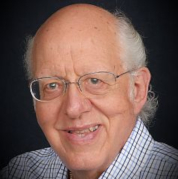 |
Jim Soliday, D Min, is a Jungian analyst and clinician in private practice in Portland, Oregon. He is a member of the Pacific Northwest Society of Jungian Analysts (PNSJA) and Vice President and former Treasurer of PNSJA. He has been a practicing Jungian analyst, training analyst, teacher, and individual and group supervisor for over forty years. He has lectured and taught in the United States. He received his analytical training with the C.G. Jung Institute of the Pacific Northwest (PNSJA). |
 |
Laura Gonce, MSW, LCSW, is a Jungian analyst. She received her analytic diploma from the C.G. Jung Institute Pacific Northwest. For 35 years she has worked with diverse individuals in the field of counseling. Her choice of profession came from exposure to Jung’s gift of the collected works and finding an analyst at seventeen years of age. She finds the complexity and meaning of the work rich and rewarding. Laura enjoys a broad range of clients, particularly those in the second part of life who seek individuation and awareness. |
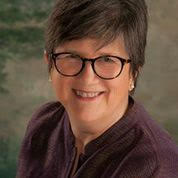 |
Carol Walnum, MA, is a Jungian analyst and clinician in private practice in Northeast Portland. She is a member of, past Treasurer, and current Secretary of the C.G. Jung Institute of the Pacific Northwest. She is a member of the C.G. Jung Institute Zurich. Carol is President of the C.G. Jung Foundation, Zurich. A graduate of the C.G. Jung Institute in Küsnacht, CH, she works principally with individuals. She works with symbolism in individual’s dreams and images in drawings and writing. She paints images from her own dreams. |
Individuation Hijacked: Persona and Hero in an Evolving Universe
“The energy of the central point is manifested in the almost irresistible compulsion and urge to become what one is, just as every organism is driven to assume the form that is characteristic of its nature, no matter what the circumstances.”
Jung believed that we have a compulsive urge toward individuation, an irresistible drive to become whole. We tend to identify this urge primarily with the realization of our authentic, true self, free of external interference. But another essential aspect of individuation, our need for connection, community and service, requires us to use a persona, a mask representing a limited part of the true self. The capacity to create and use persona is sometimes hijacked to prove our worth in the world, to avoid feelings of shame and insecurity. The original intent, engagement with community, is lost.
This talk will explore what true individuation requires of us in terms of persona: that we return to the original intent of the mask, discern what we’re called to cultivate in our personality, and what role we play in an evolving and self-organizing universe.
Individuation Hijacked: Persona and Hero in an Evolving Universe
Building on the Friday evening lecture, the Saturday workshop will explore what happens when the archetype of the hero is hijacked and unhealthy compulsion takes the wheel. The compelling urge to achieve and master, so characteristic of heroes and heroines, may be used to avoid shame or insecurity. The original intent of heroic energy is then lost and the personality becomes rigid, controlling, and work-obsessed. This leads to the illness of our times, an unhealthy and compulsive pursuit of status and achievement, often to the destruction of individuals, families and communities.
Understanding the teleology, the original intent of the heroic and compulsive urge to individuate, can help us to channel this energy into more satisfying and meaningful ways of living that accord with true self. This presentation will help clinicians in their work with compulsive, perfectionist, and workaholic clients; individuals who struggle with those tendencies; and partners of individuals whose personalities have become rigid and difficult to live with.
We Think with our Hearts: Reading Jung through Native Eyes
This talk will review how some of Jung’s ideas (mis)represented Native cultures. The notion of the “primitive,” participation mystique, dreams, and animals will be explored. Two psychic paradigms, dominion and reciprocity, will point to important differences between Indigenous and Western cosmologies and may offer a path away from our current trend toward self-destruction.
Indigenous Ideas of Spirit and Transformation
This workshop will introduce participants to the Menominee origin story and the important relationship Native people have with spirit beings. Specifically, we will learn how human-animal transformation in story is integral to establishing a reciprocal relationship with land, animals and all spirit beings.
Living Symbols of the Tarot: A Journey Through Archetypal Patterns of Soul
A journey through the Tarot cards is primarily a journey into our depths providing a bridge to the mysteries and ancestral wisdom of our innermost selves. These powerful images stimulate the imagination, tell a symbolic story of meaning, and connect us to our creative souls.
The Tarot is evocative and like our dreams brings symbolism alive. According to C.G. Jung, symbols and archetypes are the means by which the psyche/soul speaks. The tarot has 78 cards with correspondences to astrological glyphs, Hebrew mysticism, numerology and mythological and alchemical imagery. Each card stimulates our imagination in complex and multilayered ways. The cards provide a non-verbal language through which we can find universal as well as personal, social, cultural and collective meaning.
During the Friday night lecture the Tarot cards connected to the current conjunction of Jupiter, Pluto and Saturn in Capricorn and the tremendous challenges, upheavals and disruptions in our world we are currently facing will be explored. By engaging with images and symbols from the Tarot, we will explore this dark, black, nigredo we are living through and use it as a source of guidance and inner wisdom as we struggle to find a new authority in these uncertain times. The Tarot will be used to understand Jungian psychology and depth spirituality.
Decks to be used: Aleister Crowley’s Thoth Deck and the Rider/Waite Deck
Living Symbols of the Tarot: A Journey Through Archetypal Patterns of Soul
A journey through the Tarot cards is primarily a journey into our depths providing a bridge to the mysteries and ancestral wisdom of our innermost selves. These powerful mages stimulate the imagination, tell a symbolic story of meaning, and connect us to our creative souls.
The Tarot is evocative and like our dreams brings symbolism alive. According to C.G. Jung, symbols and archetypes are the means by which the psyche/soul speaks. The tarot has 78 cards with correspondences to astrological glyphs, Hebrew mysticism, numerology and mythological and alchemical imagery. Each card stimulates our imagination in complex and multilayered ways. The cards provide a non-verbal language through which we can find universal as well as personal, social, cultural and collective meaning.
On Saturday through didactic, experiential and meditative encounters with the cards, different aspects of the Self and primordial archetypes will be revealed. Archetypal patterns from the collective unconscious will be studied regarding how they connect us to new understandings found in older esoteric knowledge. The Tarot will be used to understand Jungian psychology and depth spirituality.
Decks to be used: Aleister Crowley’s Thoth Deck and the Rider/Waite Deck
